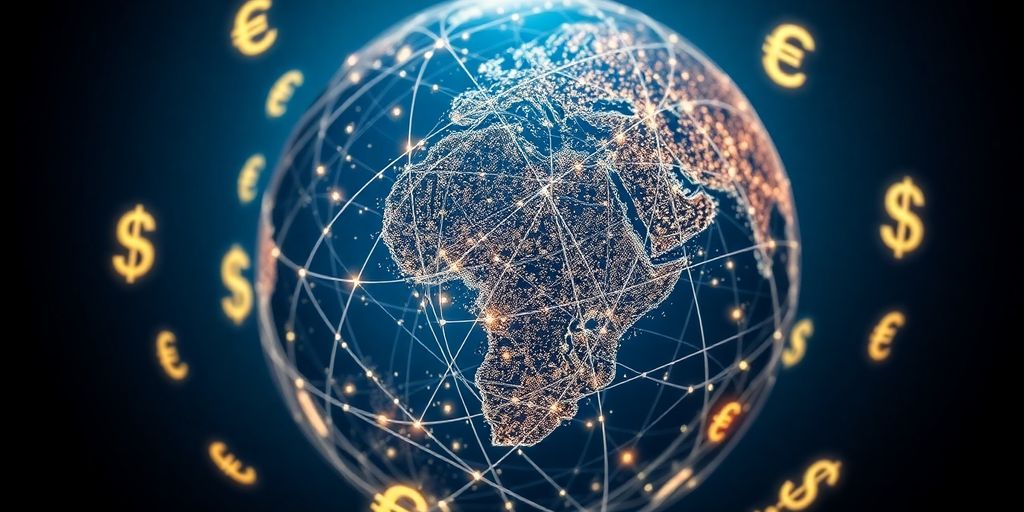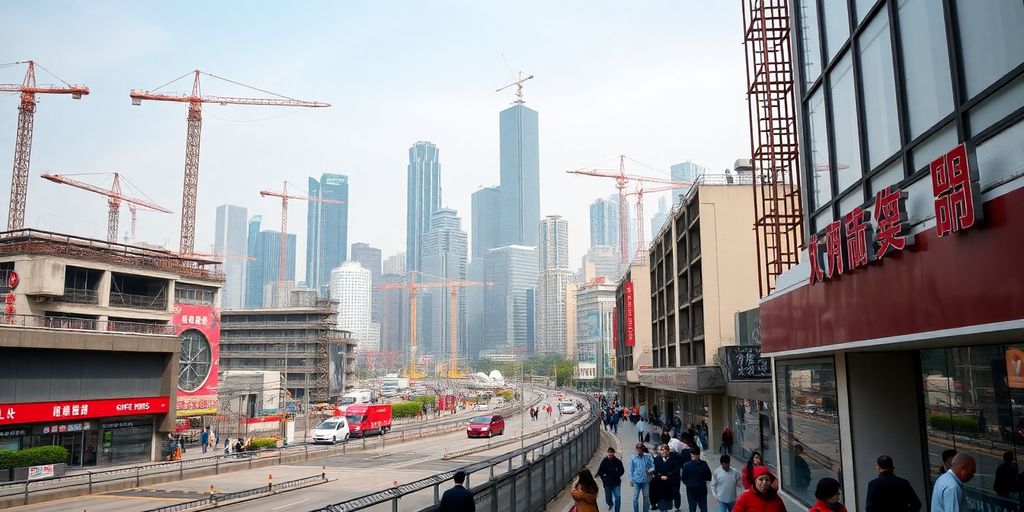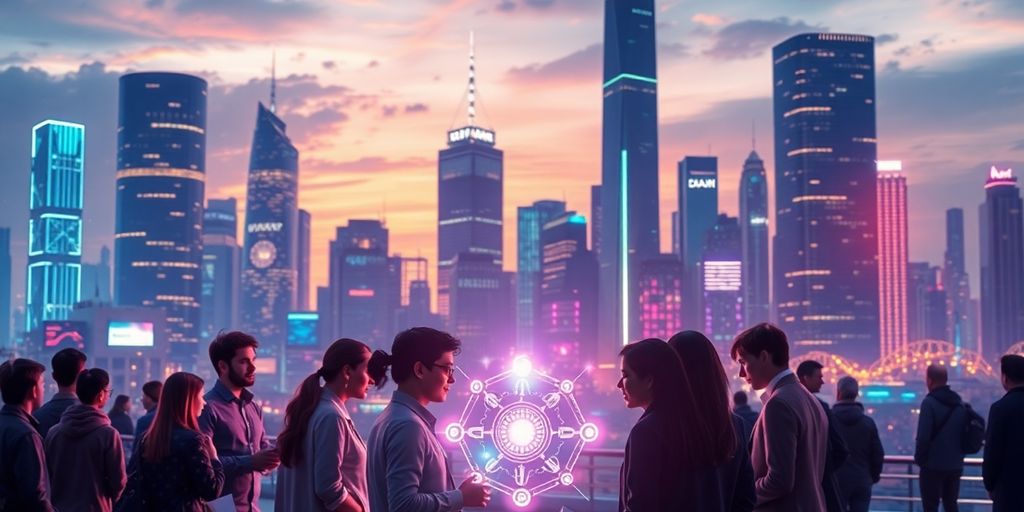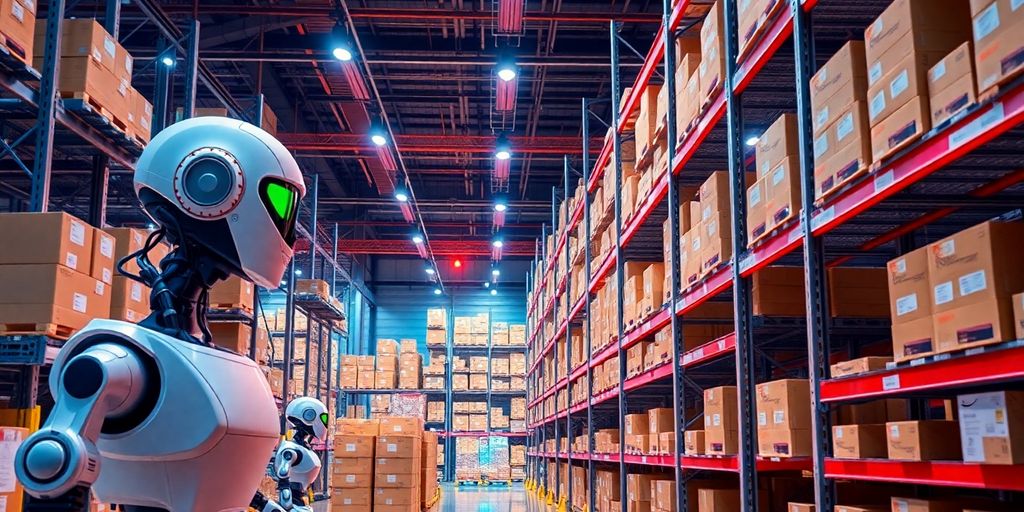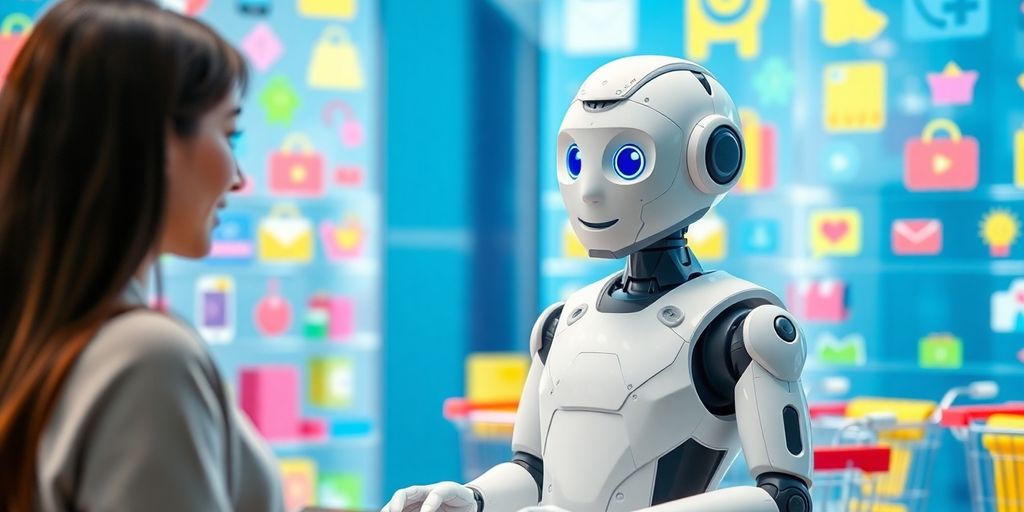Artificial intelligence is rapidly transforming society, bringing both unprecedented opportunities and significant challenges. Its accelerating pace is reshaping the job market, particularly entry-level positions, while simultaneously raising critical ethical questions concerning data privacy and the potential for misuse. From corporate boardrooms to everyday interactions, AI's pervasive influence is prompting urgent discussions about its future trajectory and societal implications.
AI's Impact on the Job Market
New research suggests AI is already shrinking entry-level tech jobs. SignalFire, a data-driven VC firm, observed a 25% reduction in new graduate hiring by Big Tech companies in 2024 compared to 2023, and an 11% decrease at startups. This trend is attributed to AI's ability to automate routine, low-risk tasks common in entry-level roles, such as coding, debugging, and financial research. While experienced professionals are still in demand, new graduates face a growing challenge in gaining initial experience.
- Key Takeaways:
- Entry-level tech jobs are seeing a decline due to AI automation.
- Experienced professionals remain highly sought after.
- Mastering AI tools is becoming crucial for new graduates.
Ethical Concerns and Misuse
The rapid advancement of AI also brings significant ethical challenges. Concerns include the potential for deepfaked content, such as non-consensual intimate images, and the broader issue of abusive online communications. Governments are reviewing laws to keep pace with these evolving digital threats.
Furthermore, the infrastructure supporting AI, like large data centers, is drawing scrutiny. The NAACP has called for a halt to operations at xAI's "Colossus" facility in Memphis, citing environmental concerns over hazardous air pollutants from gas turbines, particularly in historically Black communities. This highlights the ethical dimension of AI's physical footprint and its impact on local populations.
AI's Integration into Daily Life and Business
AI is increasingly permeating daily life and business operations. Google CEO Sundar Pichai believes AI will be "bigger than the internet," ushering in a new phase of platform shift where AI enables new forms of creation and interaction. This includes AI-powered search experiences that generate custom results pages and tools that facilitate content creation across various formats.
In the corporate world, AI avatars are making their debut in high-stakes settings. Following Klarna's CEO, Zoom's CEO Eric Yuan used an AI avatar for initial comments on a quarterly earnings call, signaling a growing acceptance and integration of AI in professional communication.
The Future of AI and Society
The accelerating pace of AI development means continuous change. While some fear job displacement, others emphasize the creation of new opportunities and industries. The debate extends to how AI will reshape the web, with discussions around agents interacting with data rather than traditional web pages. The ultimate impact of AI, particularly its integration with robotics, is seen as the next major frontier, promising profound transformations across all sectors of society.
Sources


















%20(3).jpg)






